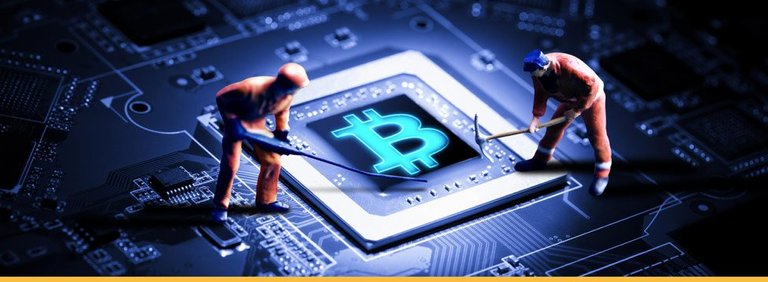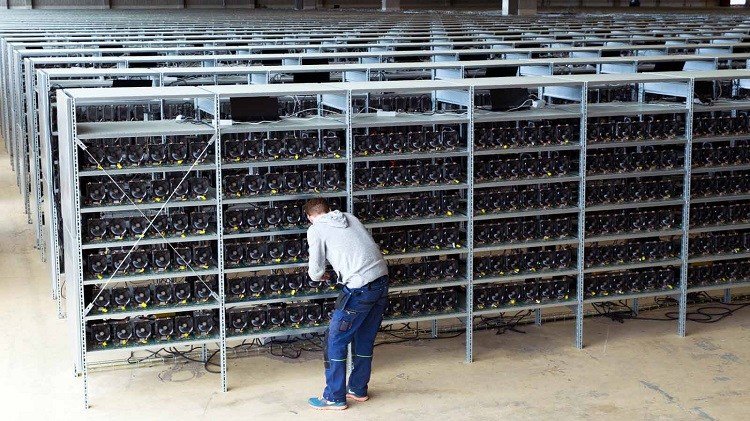
To survive, a large number of Venezuelans have taken to minería bitcoin—mining bitcoin, the digital currency. Loan PC handling energy to the blockchain (the bitcoin system's gigantic, decentralized record) and you will be remunerated with bitcoin. To contribute more information crunching power, and procure more bitcoin, individuals work racks of particular PCs known as "diggers." Whether a mining operation is productive depends on two fundamental factors: bitcoin's fairly estimated worth—which has hit record highs this year—and the cost of power, expected to run the intense equipment.
Power, it so happens, is one thing most Venezuelans can manage: Under the communist administration of President Nicolás Maduro, control is so vigorously financed that it is for all intents and purposes free. A man running a few bitcoin mineworkers can clear $500 a month. That is a little fortune in Venezuela today, enough to encourage a group of four and buy essential products—child diapers, say, or insulin—on the web. (Most web retailers don't dispatch specifically to Venezuela, however some Florida-based conveyance administrations do.
Under these conditions, a digger begins to look a considerable measure like an ATM. Educators and understudies have mined bitcoin; in this way, talk has it, have government officials and cops. It has turned into a typical money even among non-mineworkers: Peer-to-peer online trades (think Venmo, yet with digital currency) permit everybody from businesspeople to a previous Miss Venezuela to purchase and offer with bitcoin.

Be that as it may, as of late, Maduro has started getting serious about mining operations, clearly finding in them an advantageous political substitute—much as he calls the individuals who look to benefit off swelling "industrialist parasites." Yet exchanging bitcoin is still approved. Maduro understands that digital money is one of only a handful couple of things holding the nation together.
Since Venezuela has no digital currency laws, police have captured mine administrators on spurious charges. Their first target, Joel Padrón, who claims a messenger benefit and began mining to supplement his pay
was accused of vitality burglary and ownership of stash and kept for 14 weeks. From that point forward, other bitcoin rigs have been seized—and, by and large, rebooted by degenerate police for individual benefit. Subsequently, Padrón let me know, many individuals have quit mining. In any case, Rodrigo Souza, the author of BlinkTrade, which runs SurBitcoin, a Venezuelan bitcoin trade situated in Brooklyn, says that for others, the enticement is still excessively awesome, making it impossible to stand up to. "Individuals haven't quit mining," he let me know. "They've recently gone further underground."
Venezuela's most ingenious diggers, truth be told, are proceeding onward to another expansion buster: the cryptographic money ether (ETH). The overall revenues are higher and, more essential, the hazard factor is much lower. "Mining ETH or bitcoin is basically a similar rule: utilizing free power to create money," one Venezuelan digger let me know. "In any case, ETH mining is more reasonable—all you require is free programming and a PC with a video card. Any cop is effectively tricked into deduction your ETH excavator is only a customary PC."
Thus as the presses produce useless bolivares, the excavators go ahead, taking advantage of the power matrix, transforming electrons into dollars.
This post has received gratitude of 1.00 % from @jout
thanks